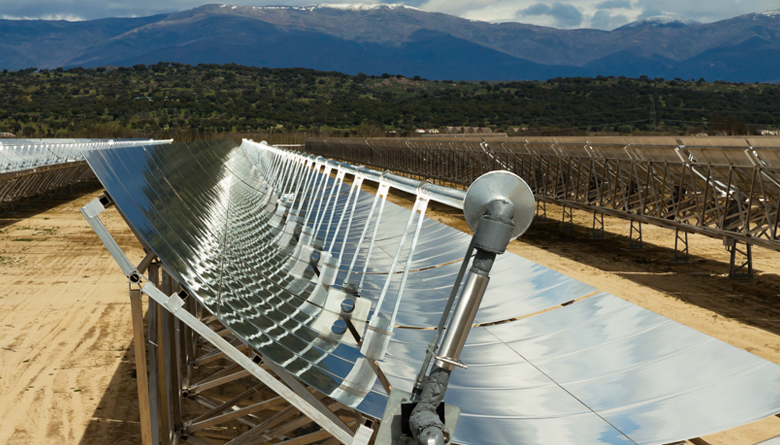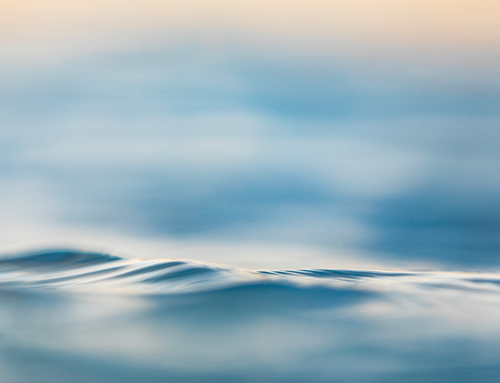By Dana Yamashita
A team of researchers, led by Partha Dutta, professor of electrical, computer, and systems engineering at Rensselaer Polytechnic Institute, is working on a system to generate energy using mirrors, local resources, and the sun. He anticipates a time when even the most remote parts of the world could have access to clean and renewable energy.
“I call this ‘engineering for a better world,’ which means that you have to use affordable, accessible, and adequate resources,” Dutta said.
His design generates heat by capturing sunlight, which then is used to convert water into steam. The concept differs from other concentrated solar power plants because it uses local materials, is easy to construct, and does not require the use of molten salt, which is the key feature to its success. Normally, molten salt causes corrosion within a system, so the ability to eliminate it was critical. Dutta and his research team studied hundreds of different materials before accomplishing this.
On a trip to Bhopal, India, Dutta found that earth-abundant thermal rocks placed inside a tank for heat storage enabled energy to be produced at any time of day. Dutta was then able to generate heat by using mirrors to capture sunlight, which converts the heated water into steam, which can be used to power a steam turbine — or in this system, it can be stored for later use.
Dutta recently built a kilowatt-scale prototype plant in Bhopal, successfully demonstrating the proof of concept. The system could be used in urban areas where demand for electricity is high, as well as in remote or rural areas.
“It’s a clean way of generating power,” Dutta said. “The potential is expansive. With this energy source, you can do heating, you can do cooking, you can create electricity, you can do water purification, which is a very big thing in many parts of the world.”




